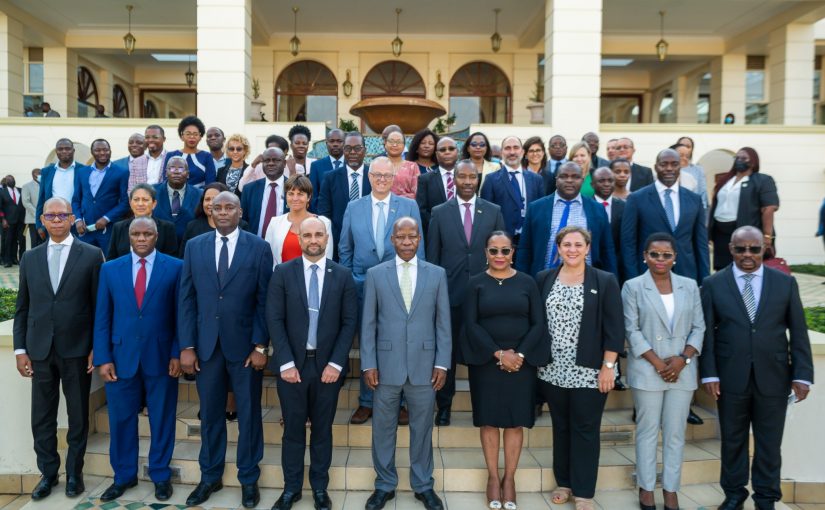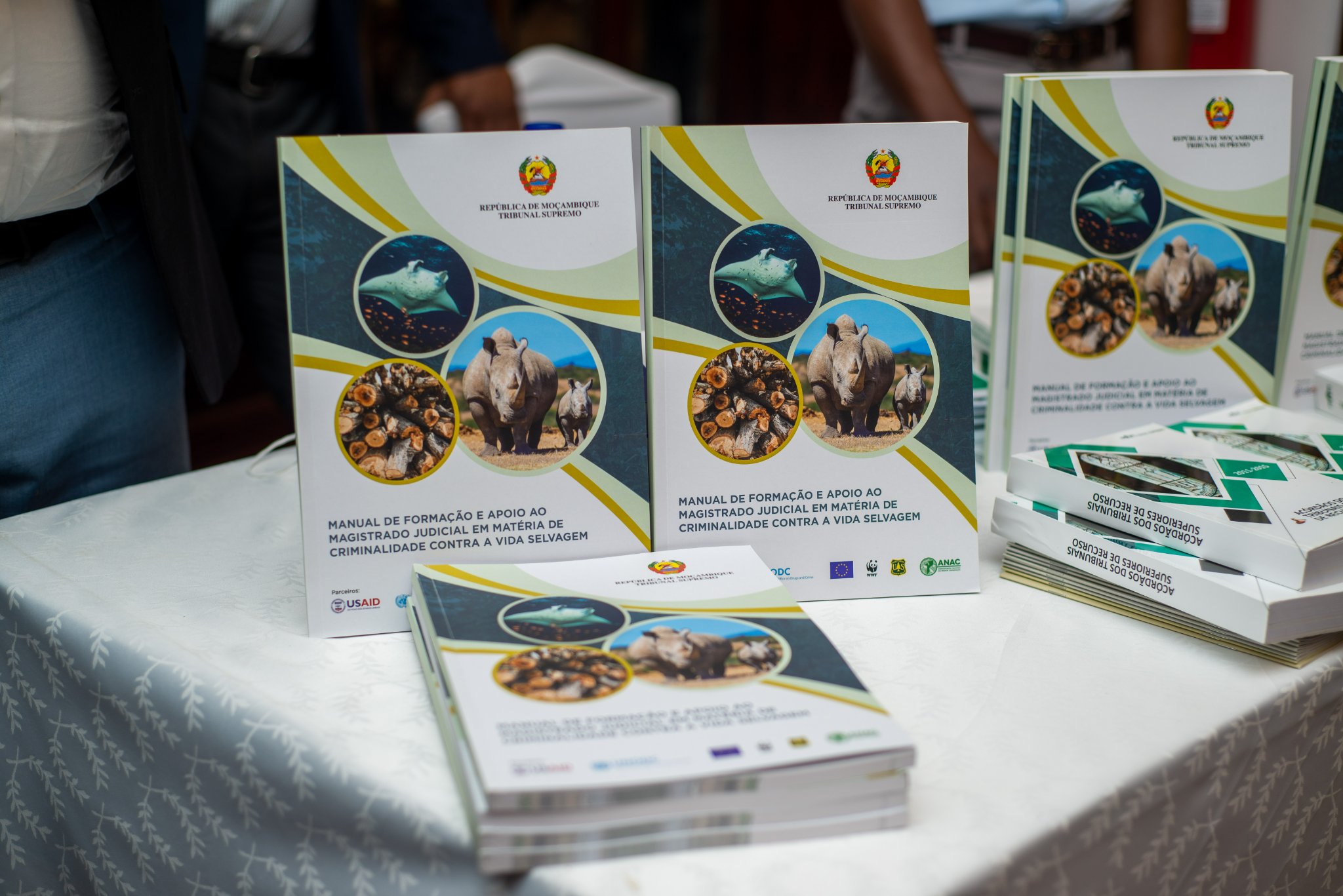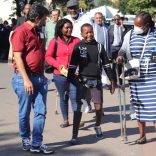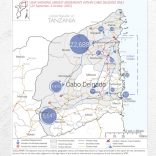Mozambique: India provides $1M in medicines, prosthetic limbs
Supreme Court seeks strategies to fight against poaching

Photo: SPEED Program Mozambique
The President of the Mozambican Supreme Court (TS), Adelino Muchanga, has expressed his concern at the persistence of poaching in the country.
According to Muchanga, speaking on Thursday in Maputo, at the launch of the Manual for Training and Supporting Magistrates in Matters of Combating Wildlife Crime, the numbers are worrying because the poachers have been changing their areas of operation, the target species, and their modus operandi.

“In recent days, we have been witnessing continuously the poisoning of animals”, Muchanga said, adding that the current context justifies an immediate and bold intervention by all State bodies, civil society organizations and local communities.
According to Muchanga, hunting today is no longer for survival, but for profit, a fact that puts strong pressure on nature, as a reflection of the greed for easy enrichment.
“Associated with wildlife crime are, of course, other related crimes, such as terrorism, corruption, money laundering, arms and drug trafficking”, he explained.
Thus, the new Training Manual will help to raise the legal-environmental awareness of magistrates and thus facilitate the prosecution of wildlife cases.
“We understand that it is fundamental that the judge be endowed with specialized knowledge and skills in the matter of wildlife crime and only this training enables him to act effectively and efficiently” Muchanga said.
With a total of 86 pages, the Manual, addresses methodologies on how to train judicial magistrates in matters relating to the fight against wildlife crime.
“Two years ago, we opened the Judicial Year with the motto ‘For a Judiciary that Protects the Environment’ and, at that time, we talked about the need for a correct interpretation and application of the abundant legislation in force in Mozambique”, he said.
For her part, the Minister of Justice, Helena Kida, said that the Manual contributes to the understanding of the phenomenon, prevention of related offenses and accountability of offenders.
Kida pledged to increasingly strengthen the policy and legal framework of enforcement to combat wildlife crime locally, regionally, and globally.
“We still witness the death of countless animals every year, as a result of human intervention, accidental or intentional, through pollution, habitat modification or destruction, and climate change”, she said. “These factors individually or in combination are leading to ecological imbalance and even the extinction of some species”.
The Minister hoped that the Manual will bring proposals for pragmatic and sustainable solutions aimed at improving the interpretation of crimes against wildlife.












Leave a Reply
Be the First to Comment!
You must be logged in to post a comment.
You must be logged in to post a comment.